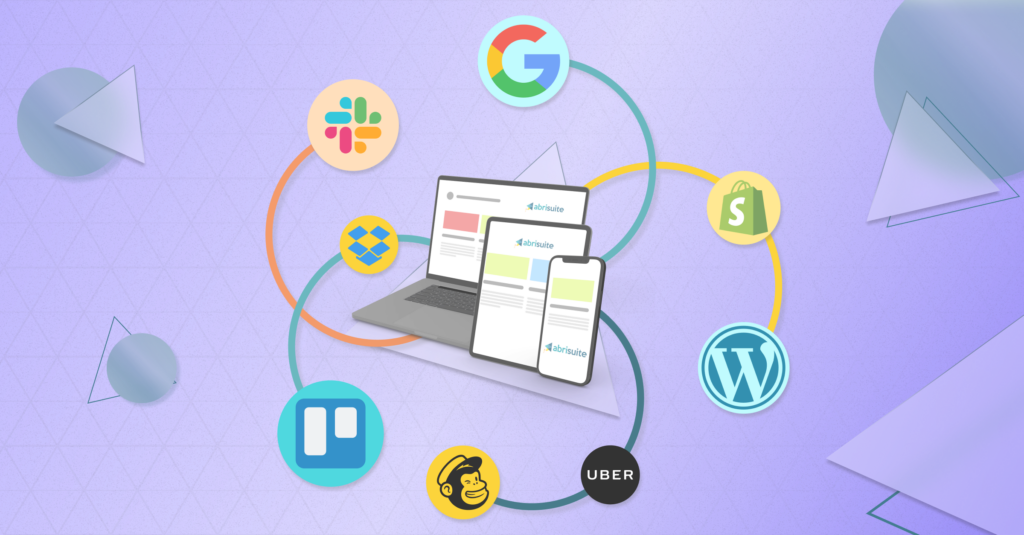Technology is a vital and ubiquitous part of today’s world. As an integral part of our everyday lives, technology has become an inseparable part of society, impacting us both directly and indirectly, shaping our behaviours and, in turn, being shaped by them. In this way, we can view technology from a human perspective, although not always to the direct benefit of humanity.
Also, Covid-19 has changed many aspects of people’s lives worldwide, with technology playing a huge part in this transformation.
The Pew Research Center conducted a survey in April 2021 that revealed that most American adults (90%) said the internet was important to them during the pandemic.
How technology helped us as humans
Digital technology turned out to be a godsend in disguise, allowing people to remain emotionally attached despite the social distance. The limits imposed by the pandemic provided a unique opportunity to check the functionality of digital tools for communication and virtual meetings as a substitute for genuine face-to-face interactions on the field.
Pub quiz applications and virtual quiz evenings presented online kept people close from a distance, while apps like Netflix Party allowed users to view a movie or series together at the same time. Indeed, the use of communication tools during a lockdown may play an important role in increasing the impression of social support, which may operate as a buffer against the negative impact of social limitations.
Does tech replace human connection?
However, while thoughtful (and controlled) use of digital devices is related to well-being, excessive screen time has been linked to a variety of poor mental health outcomes such as psychological difficulties, low emotional stability, and an increased risk of melancholy or anxiety.
Trust is built entirely on nonverbal clues. Even though much of it is done unconsciously, you may learn a lot just by looking at someone. When a person is joyful or pleased, their pupils widen, and when they are unhappy, they constrict.
When you meet somebody in person and merely gaze into their eyes, you acquire this emotional information. When you’re talking to someone face to face, it’s more difficult to mask your dissatisfaction with anything. Human contact helps to create trust by inducing the brain’s reward regions to engage.
In summary, as restrictions are becoming more flexible, we need to enjoy the technological advances from the last two years while balancing seeing our peers face-to-face.




